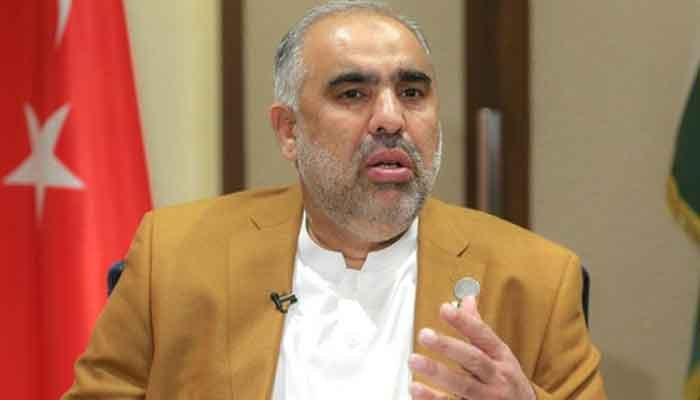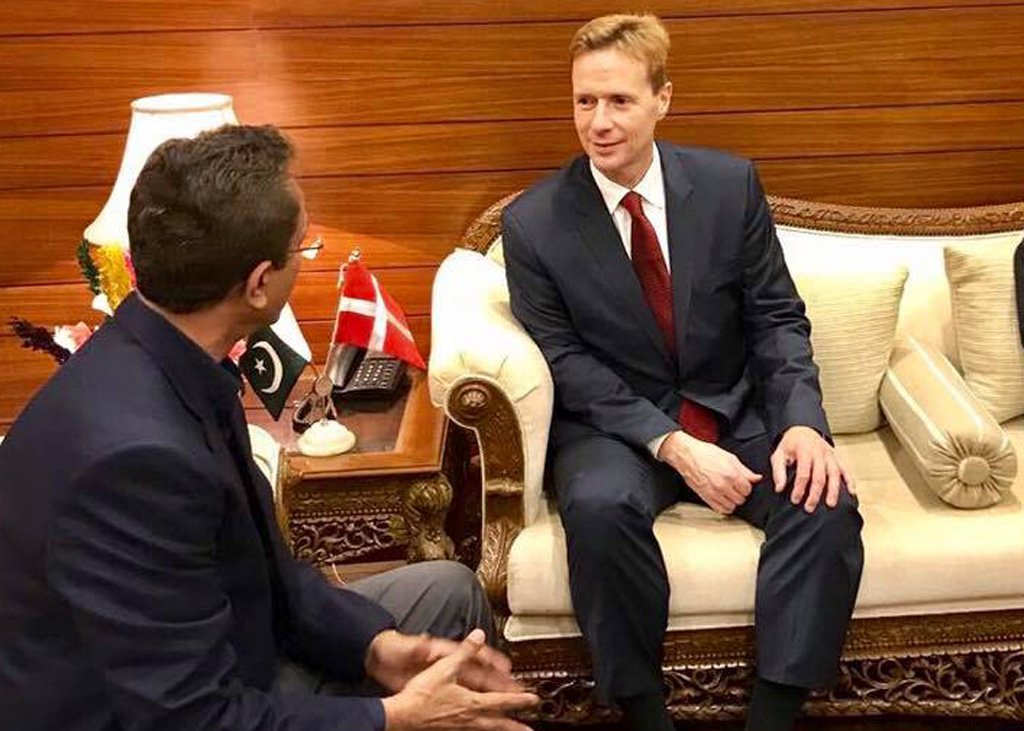Central leader of Pakistan Tehreek-e-Insaf (PTI) and former Speaker of the National Assembly, Asad Qaiser, has strongly criticized the prolonged electricity load shedding in Khyber Pakhtunkhwa (KP), accusing the government of retaliating against the province for its support of PTI.
Load Shedding as Political Retribution
In a statement addressing the ongoing electricity crisis, Asad Qaiser highlighted the severe load shedding that KP has been experiencing for the past three days. He argued that this is not merely an issue of resource management or technical failure, but a deliberate act of political retribution. “Revenge is being taken from Khyber Pakhtunkhwa for voting for Tehreek-e-Insaf,” Qaiser declared, emphasizing that such punitive measures are unfair and unacceptable.
He further stated that the residents of KP are being unjustly punished for their political choices. The continuous power outages have disrupted daily life and business activities, causing widespread inconvenience and economic loss. According to Qaiser, this situation demands immediate attention and resolution from the authorities.
Plans to Protest and Raise Awareness
Asad Qaiser announced his intention to protest against this issue on the floor of the National Assembly. He plans to highlight the severe impact of load shedding in his budget speech, bringing national attention to the plight of KP residents. “We do not accept load shedding and expensive electricity,” he affirmed, urging the government to cease what he described as “cruelty” against the people of KP.
Call for National Prayers and Immediate Action
On a related note, Khyber Pakhtunkhwa Information Advisor, Barrister Mohammad Ali Saif, also addressed the public, urging the nation to pray for the release of PTI’s founder and its workers on Eid. Barrister Saif accused Maryam Nawaz, referred to as “Rajkumari Maryam Nawaz,” of orchestrating the torture of PTI’s founder and female workers. He claimed that the government has fabricated cases against PTI leaders and activists as part of a broader conspiracy to undermine the party.
Launching a Decisive Battle
Barrister Saif revealed plans to launch a decisive battle immediately after Eid for the release of PTI’s founder. He assured that the PTI leadership is committed to dismantling what he called the “fake empire” responsible for the unjust imprisonment of their leader. “The release of the founder of PTI will be ensured by destroying the fake empire,” Saif proclaimed, rallying support for the cause.
The Broader Context
The current political climate in Pakistan is highly charged, with allegations of political victimization and retribution being commonplace. PTI, led by its central figures, is positioning itself as a party that is being unfairly targeted by the current government. This narrative is not only aimed at garnering sympathy but also at mobilizing its base for potential protests and political action.
Impact of Load Shedding on KP
The impact of load shedding on KP cannot be overstated. Frequent power outages disrupt daily life, affecting everything from household activities to industrial production. Small businesses, in particular, suffer significant losses due to an unreliable power supply. For a province like KP, which has been striving for economic development and stability, prolonged load shedding presents a serious obstacle.
Asad Qaiser’s condemnation of the electricity load shedding in KP and the subsequent political maneuvering highlights the ongoing tensions between PTI and the ruling coalition. His promise to protest in the National Assembly and raise awareness during the budget speech underscores PTI’s commitment to addressing what it perceives as injustices against its supporters.
Barrister Mohammad Ali Saif’s call for national prayers and the launch of a decisive battle post-Eid signify PTI’s readiness to escalate its efforts to free its detained leader and workers. As the political drama unfolds, the residents of KP and the broader Pakistani populace await substantive solutions to their pressing issues, from reliable electricity to political stability.
In this charged environment, the coming weeks and months are likely to see increased political activity and potentially significant developments on both the political and economic fronts in Pakistan.



